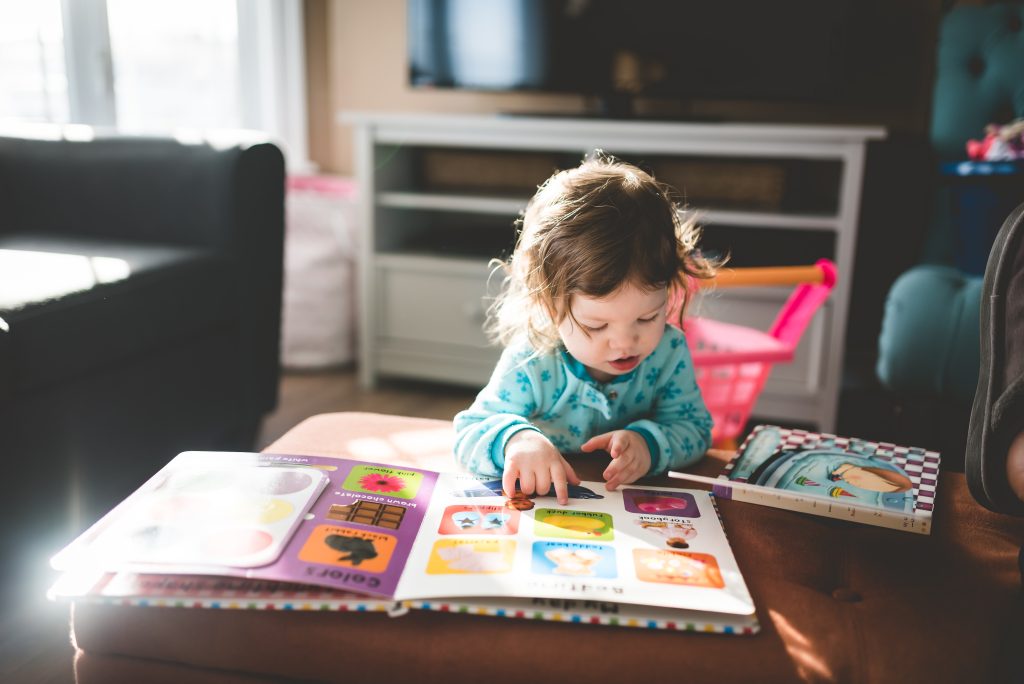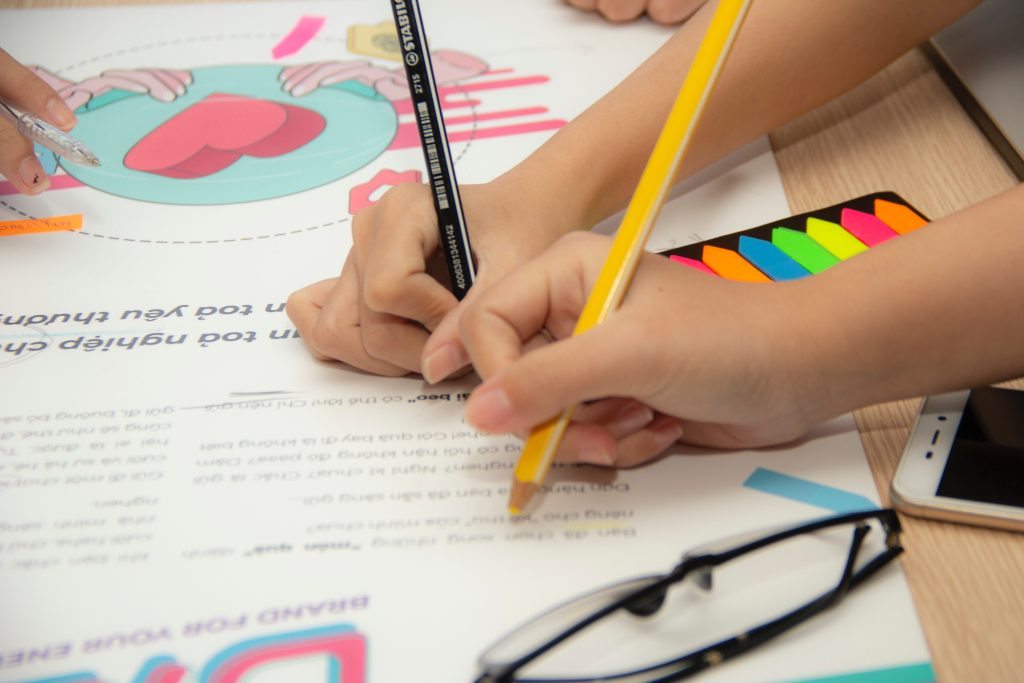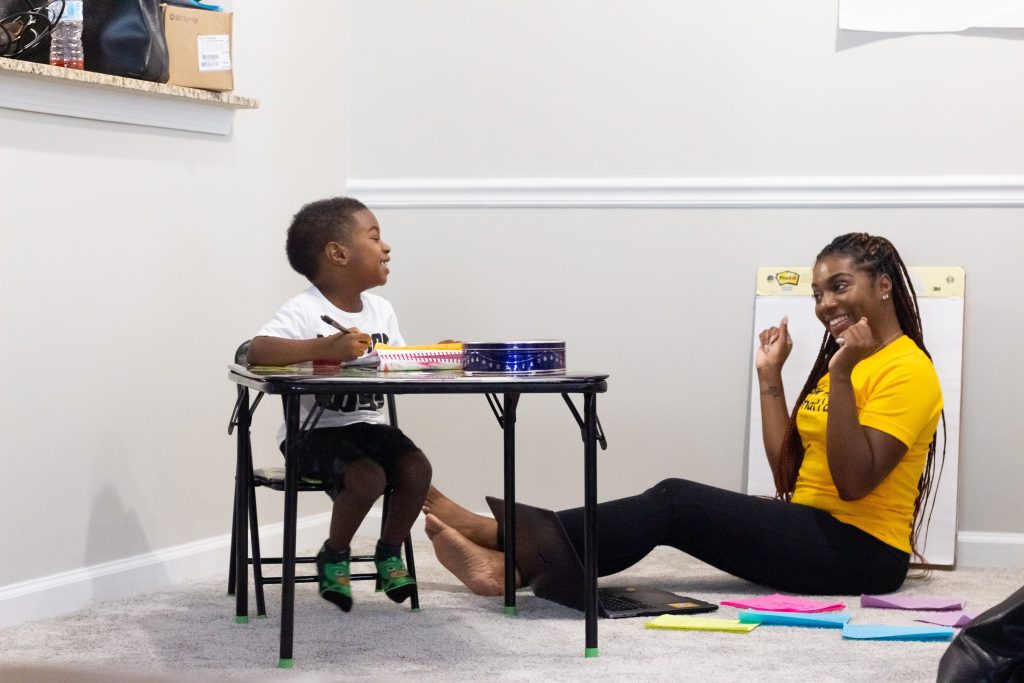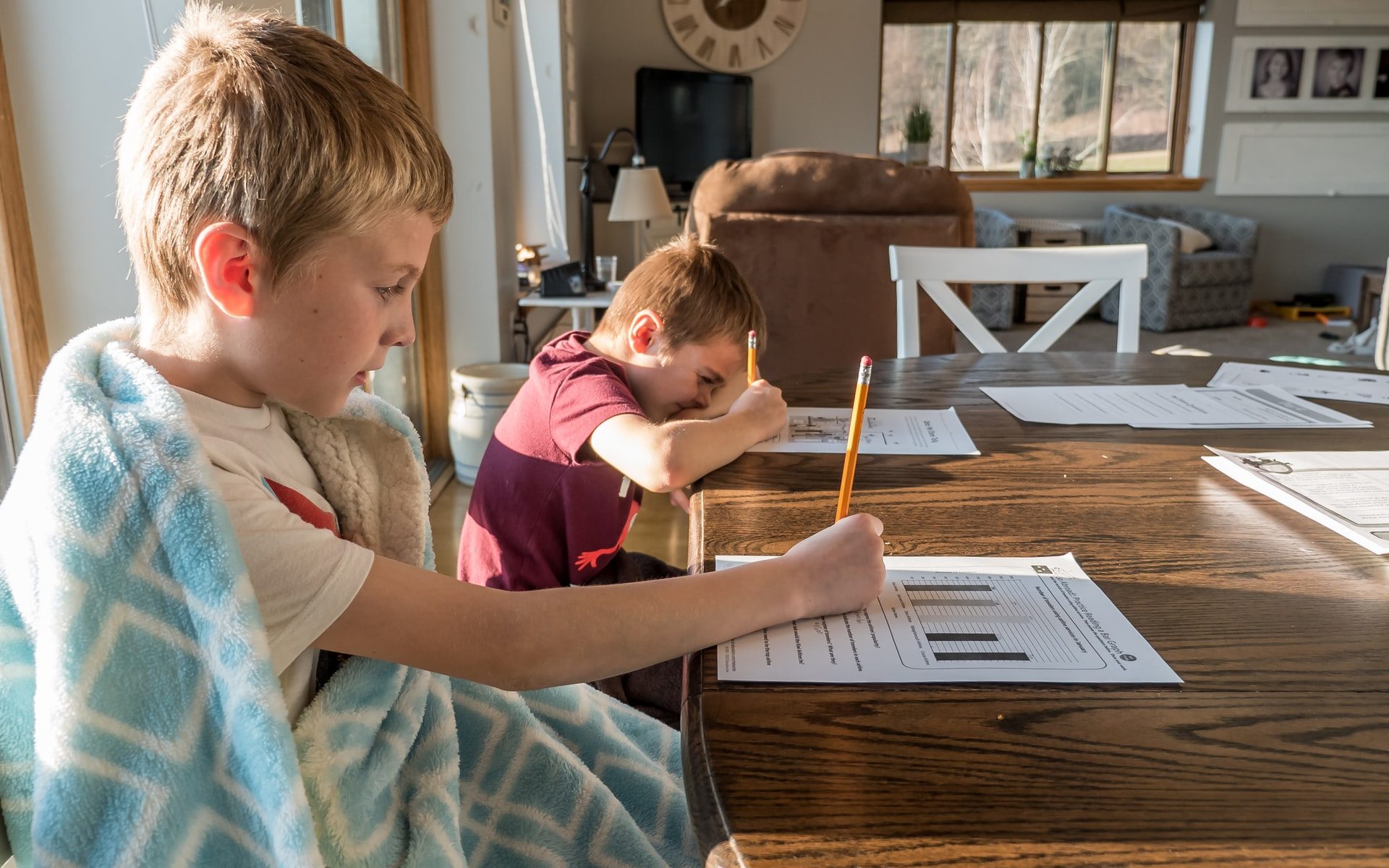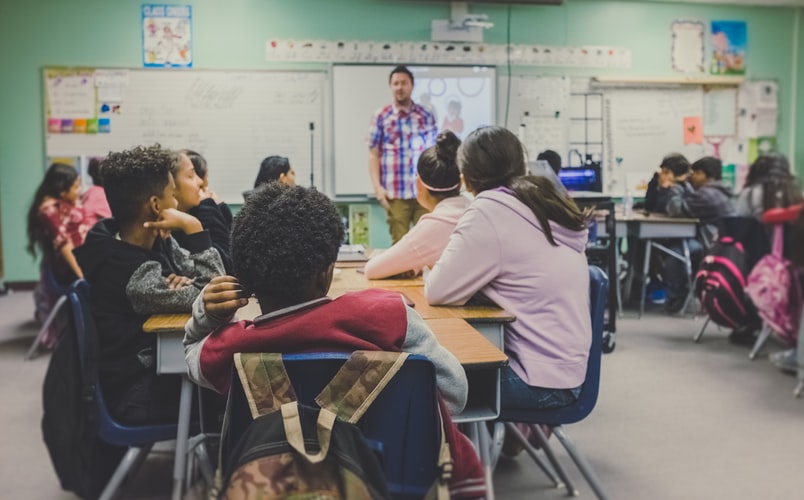The first thing you should know is that developmental milestones are not arbitrary ages or dates. Most often, children reach these milestones within a certain window of time. While these ranges are helpful, remember that your child is different, so it is best to follow the developmental milestones by age rather than by date. Listed below are some of the key developmental milestones. Keep in mind that each child is unique and not all will reach each milestone at the same time.
Communication milestones
Children develop at different rates, but most follow a predictable timeline. Listed below are developmental milestones that your child should meet by certain ages. These skills build on one another, and recognizing them will help you determine if your child is on track. If your child does not meet the milestones listed below, it may be time to seek help. Here are some examples of typical milestones for children. For more information, please consult the book “Developing Your Child’s Communication Skills.”
Physical milestones
Children progress at different rates and there are several developmental milestones a child should reach. Using the list of milestones will help parents and doctors understand a child’s progress. Most children will achieve each milestone in roughly the same order, but it is important to note that each child will experience development at a different rate. Here are some milestones for toddlers to look for and what to expect. You can also track your child’s progress with the CDC’s free app.
Cognitive milestones
As an infant, you are likely to be bombarded with information, and the cognitive milestones listed below are indicative of how far your baby or toddler has come. Infants learn through cuddling their caregivers, observing their environment, and experimenting with objects, sounds, and foods. During their first three years of life, their brains undergo incredible changes.
Energy
Developmental milestones refer to the various behaviors an infant is expected to have by certain ages. They range from physical development to cognitive abilities, such as problem-solving and receptive and expressive language. They also encompass social-emotional development. However, they shouldn’t be regarded as a definitive measure of a child’s progress in any area. In fact, each developmental milestone should be considered in its own right, as some children are born with a delay in a particular area of development.
Imagination
Imaginative play is an important part of childhood development, and it fosters a wide range of life skills. Children spend hours pretending and role-playing, and this type of play fosters creativity and problem-solving skills. Encourage imaginative play in your child, and he or she will learn from it for years to come. This article will discuss three developmental milestones for imagination.
Playfulness
Research has shown that the amount of time children spend playing has been steadily decreasing in recent decades. Among the reasons for this decline are the tighter schedules of modern parents, the increased use of media, and fewer safe places for children to play. Today’s average preschooler watches more than four hours of television a day. Because of these trends, pediatricians now write a “prescription for play” at every well-child visit, and advise parents to look for quality child care programs.
Personality
According to Erik Erikson, the process of personality development continues from birth to death. During this period, an infant develops basic social attitudes, a sense of security and insecurity, and various defense mechanisms. These traits, which are a key component of personality, are also shaped by the culture and interactions with the world around them. Erikson identified eight main stages during this development process, each with its own psychological conflict.
Early detection of developmental delays
The AAP recommends screening every child for developmental delays at each well-child visit. This process is known as developmental surveillance and tracking. Physicians observe the child’s play, learning, and movement to determine if a child has any developmental delays. During every well-child visit, developmental screenings should be done for a wide range of problems. Informal tools, such as checklists, miss many problems because they are based on the Denver Developmental Screening Test, which misses up to 50 percent of developmental delays in language and cognitive development.

Olivia specializes in children’s activities, storytelling, and practical parenting tips to support kids’ growth and happiness.



